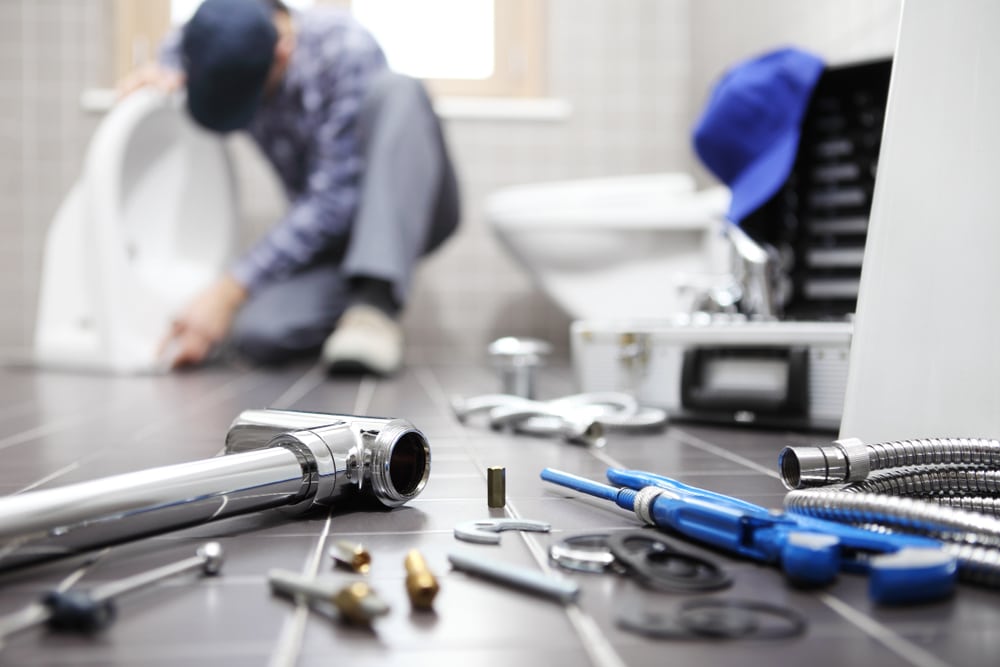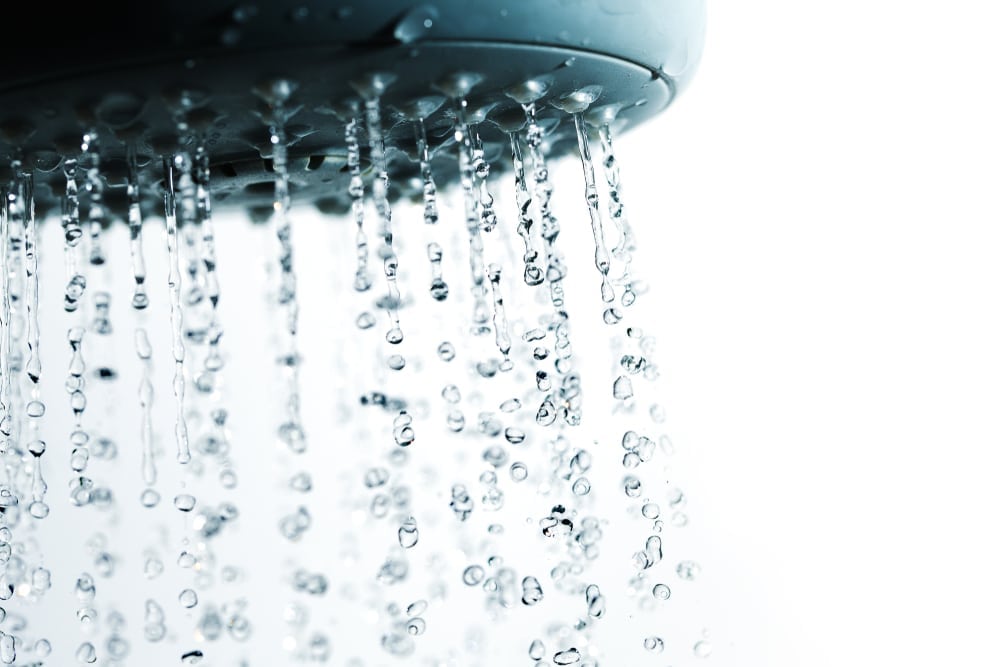Image via Shutterstock.
Drains and pipes are the veins and arteries of your household’s plumbing system, and like any well-functioning part of your household (or body, if we keep using that analogy) they require care and maintenance to ensure optimal performance.
When pipes are cracked or broken, it is only ever brought to the attention of the homeowner in the unpleasant case of the sewer overflowing or when the shower drain or sink begins to drain much slower than normal. This is generally caused by tree roots getting into the pipe, or by misaligned joints caused by broken or damaged pipes.
Old-fashioned plumbing practice involves clearing the line (either with an electric eel, a water jet or a similar drain-cleaning device). However, this doesn’t really solve the problem – it only gives you a bit more time before you need to do some serious reworking or, in many cases, replacement. Replacing pipes and drains is a very costly and timely process, which can leave a household without use of the bathroom, toilet, kitchen or laundry for several days.
Before any serious damage occurs, it’s imperative that you have your drains and pipes cleaned professionally and relined by a plumber. Even bends and junctions in your piping can be lined, which leaves your entire system stronger than ever and more resilient to damages caused by tree roots. Merely preventing the problem from happening by pruning the roots will not stop the roots from growing back stronger than ever and actually growing so large it smashes the pipe, leaving you with no option but to excavate.
Excavation is really not a situation you want to be stuck in, unless you enjoy spending a lot of money and not being able to stay at home for days at a time. To get your pipes and drains assessed by your local plumber, call G.F. James on (02) 9649 1099 for information and a free, obligation-free quote.
If you enjoyed this post, you may also enjoy this post about becoming more environmentally friendly here: https://www.gfjamesplumbing.com.au/blog/industry-news-and-advice/green-plumbing-how-sydney-homes-are-becoming-more-environmentally-friendly








